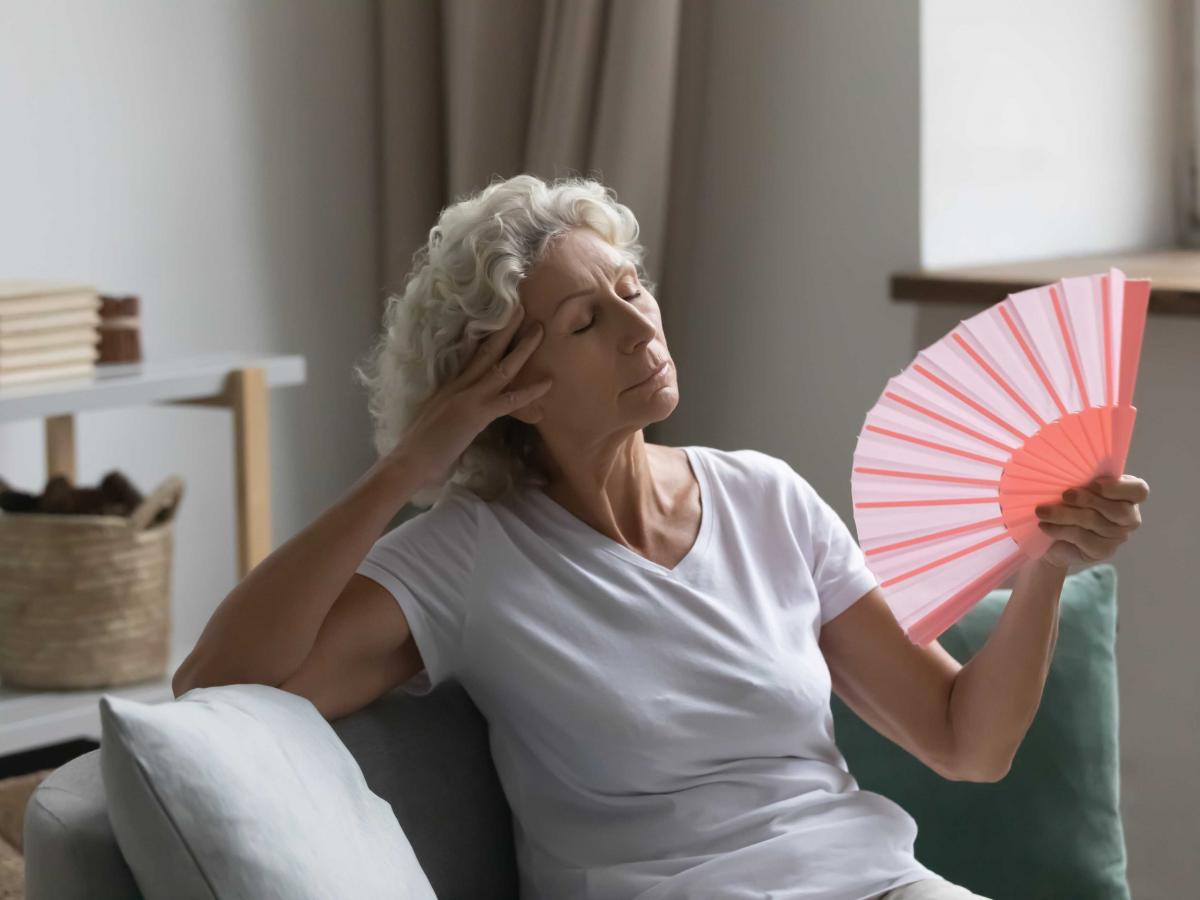Older Australians beat the heat at home

With older people spend the majority of their time (75-80 per cent) at home, improving room temperatures can greatly benefit their wellbeing. Image from iStock.
Researchers at the University of Adelaide have developed a guide for older South Australians to help them to keep the temperature in their homes comfortable during summer and winter.
The researchers say, because older people spend the majority of their time (75-80 per cent) at home, improving room temperatures can greatly benefit their wellbeing.
The guide, Thermal Comfort at Home: A guide for older South Australians, was developed following a study funded by the Australian Research Council, which analysed the housing of people aged 65 and over in South Australia in 2018-2021.
“Some of the more simple, and low-cost strategies to help older people beat the heat at home include opening the windows when it’s cooler outside to bring in fresh air such as early in the morning or late in the afternoon, using external shading and reducing the number of rooms to be cooled by closing doors.” said Professor Veronica Soebarto, the University of Adelaide's School of Architecture and Built Environment.
The study, led by Professor Veronica Soebarto from the University of Adelaide’s School of Architecture and Built Environment, involved the monitoring of 71 participants over nine months in 57 homes in three climate zones: greater metropolitan Adelaide (warm temperature), Whyalla, Port Pirie, Port Augusta (hot dry summer, cool winter) and Adelaide Hills and Fleurieu Peninsula (mild temperature).
The guide outlines changes people can make in and around home across four categories to improve their thermal comfort including: personal actions; small changes around the house at little to no cost; equipment and technology (some cost); and house design, renovation and construction (higher cost).
Earlier research has shown between 21-24 degrees is the temperature at which older people experience the fewest health problems, and hot conditions are known to elevate the risk of cardiovascular diseases, hyperthermia and heat stroke.
“Some of the more simple, and low-cost strategies to help older people beat the heat at home include opening the windows when it’s cooler outside to bring in fresh air such as early in the morning or late in the afternoon, using external shading and reducing the number of rooms to be cooled by closing doors,” said Professor Soebarto.
“Cleaning your aircon regularly to keep it running efficiently, and using an evaporative air-conditioner or a fan instead of a refrigerated system will contribute to energy savings, and still keep your home at a comfortable temperature.
“There are also some really basic things you can do personally to stay cool such as reducing your activity during the hottest hours of the day, drinking plenty of water even if you don’t feel thirsty, and avoiding cooking with the oven or stove on hot days, eating light, cold foods instead.”
Case studies with a wide-range of strategies feature in the guide, and include estimates of the cost savings and temperature changes that can be achieved.
“While the case studies involved older people in South Australia, the strategies could very easily be applied to housing in other parts of Australia with similar climates,” Professor Soebarto said.
The guide was developed by a team of researchers at the University of Adelaide from the fields of architecture, building engineering, gerontology (the study of ageing) and public health; in collaboration with older people from across South Australia, and the Urban Ageing research group at the Hague University of Applied Sciences in the Netherlands.
As an extension to this project, the research team has been awarded funding for a further ARC Discovery Project for 2022–2024, where they will focus on housing conditions of older people from low socioeconomic and culturally and linguistically diverse backgrounds.
Media contact:
Professor Veronica Soebarto, Director of Research at the School of Architecture and Built Environment, The University of Adelaide. Mobile: +61 (0)405 148 466, Email: veronica.soebarto@adelaide.edu.au
Kelly Brown, Acting Media Officer, External Relations, The University of Adelaide. Mobile: +61 (0)466 943 613, Email: k.brown@adelaide.edu.au
